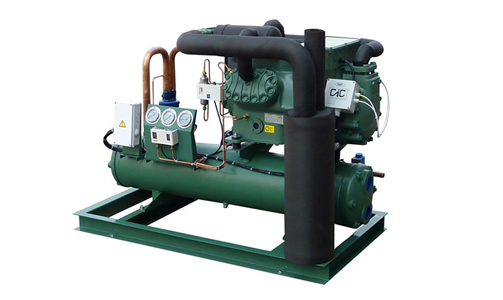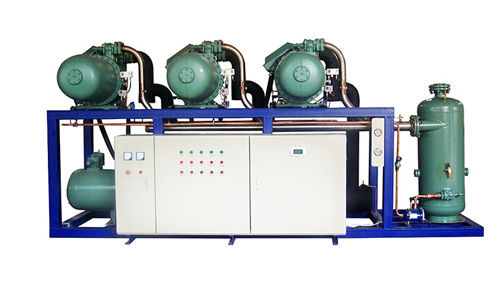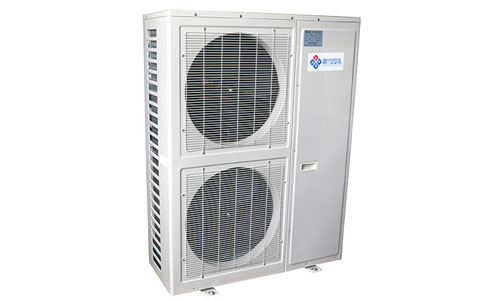Sizing a screw air compressor involves determining the appropriate capacity and specifications based on the specific needs of your application. Here are the key steps to help you size a screw air compressor:
1. Determine Air Requirements:
Usage Patterns: Understand your compressed air usage patterns. Consider factors such as the number and type of air tools or equipment that will be running simultaneously and their individual air consumption rates.
2. Calculate Total Air Consumption:
Add Individual Air Demands: Calculate the total air consumption by adding up the individual air demands of all the tools or equipment that will be operating simultaneously. This is typically measured in cubic feet per minute (CFM) or liters per second (L/s).
3. Consider Duty Cycle:
Duty Cycle: Determine the duty cycle of your compressed air system, which is the percentage of time the compressor will be in operation. This helps in sizing the compressor to meet the average and peak air demand.

Screw Compressor Unit - Air-Cooled (-5~5℃)
4. Determine Pressure Requirements:
Operating Pressure: Identify the required operating pressure for your tools or equipment. Compressor capacity is often expressed at a specific pressure, so it's crucial to match the compressor's output to your application's pressure needs (measured in pounds per square inch or psi).
5. Factor in Future Growth:
Anticipate Expansion: Consider potential future growth in your compressed air needs. It's often more cost-effective to invest in a slightly larger compressor initially than to upgrade later if your demand increases.
6. Understand Compressor Ratings:
CFM and Horsepower: Air compressors are rated in terms of capacity (CFM) and power (horsepower or kW). Ensure that the compressor's capacity and power ratings align with your calculated air demand.
7. Check Compressor Efficiency:
Efficiency Ratings: Consider the efficiency of the compressor. Modern screw air compressors are known for their efficiency, and selecting a more efficient model can result in energy savings over the long term.
8. Consider Environmental Conditions:
Ambient Temperature: Ambient temperature can affect compressor performance. If the compressor will be located in a hot environment, factor in the temperature when sizing the compressor, as higher temperatures can reduce efficiency.
9. Evaluate Air Quality Requirements:
Air Quality Standards: If your application requires high-quality compressed air, such as for sensitive instruments or manufacturing processes, consider additional features like air dryers and filters. Ensure that the compressor can provide the required air quality.
10. Consult Manufacturer Guidelines:
Manufacturer Recommendations: Refer to the manufacturer's specifications and guidelines for the specific model of screw air compressor you are considering. Manufacturers often provide detailed information on the capacity, pressure, and performance characteristics of their compressors.
11. Consider Variable Speed Drive (VSD) Technology:
VSD Technology: Variable Speed Drive technology allows the compressor to adjust its speed based on demand, providing energy savings. If your application has varying air demand, a VSD compressor may be a more energy-efficient option.
12. Consult with Experts:
Professional Advice: If in doubt or if your compressed air system is complex, consider consulting with compressed air system experts or a professional engineer who specializes in compressed air systems. They can perform a detailed analysis and provide recommendations tailored to your specific needs.
By carefully considering these factors and performing the necessary calculations, you can size a screw air compressor that meets your application's requirements efficiently and reliably.







